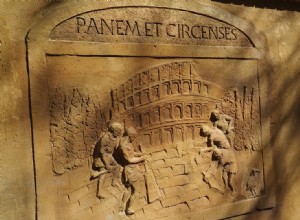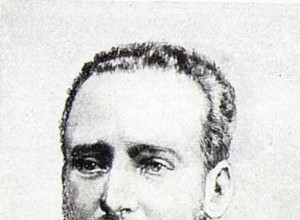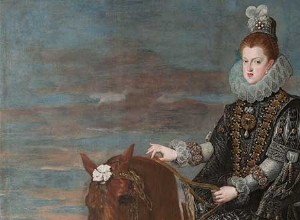Any government aspires, or should, to the so-called welfare state, implementing policies and measures that allow all citizens access to education, health, social assistance and to have their most basic needs covered. But we already know that from saying to doing, there is a long way. In the Rome of




